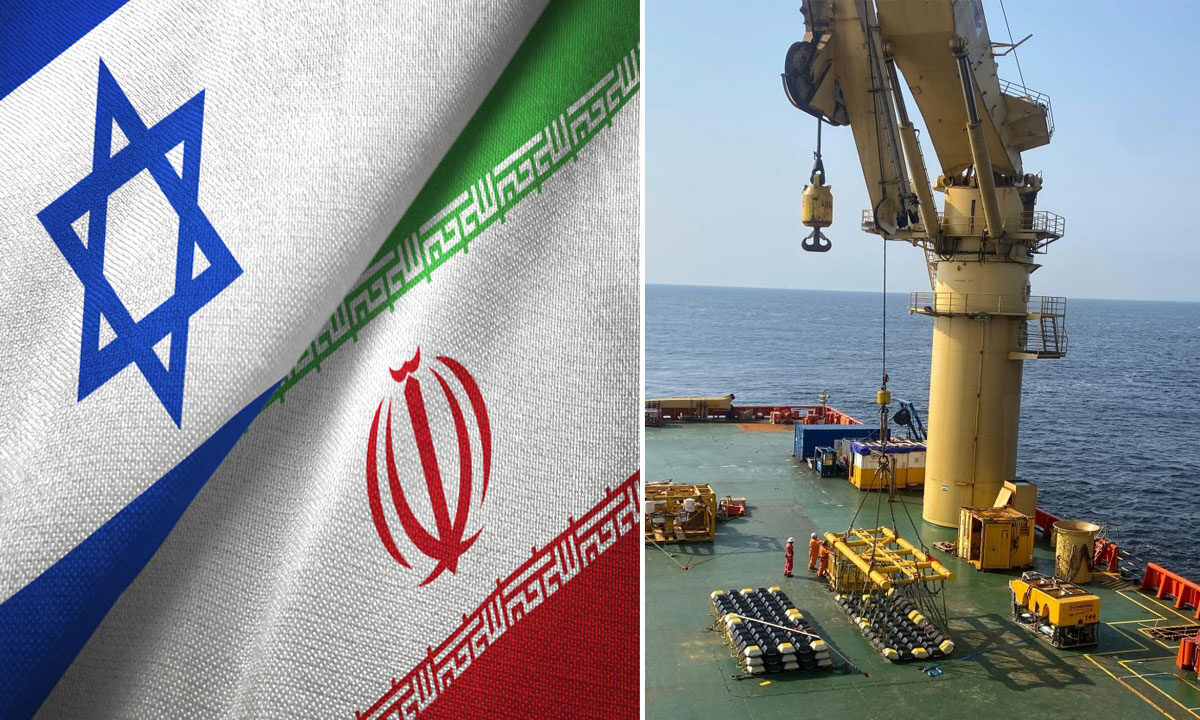Oil Prices Surge as Israel-Iran Tensions Escalate, Fears of Supply Disruption Loom
The price rally was driven by reports that Israel targeted Iran’s massive South Pars gas field—an essential source of energy and revenue for Tehran.

New Delhi: Global oil prices spiked on Monday following a dramatic escalation in tensions between Israel and Iran. Brent crude surged by as much as 5.5% in early trade before retreating slightly to hover around $75 a barrel, after reports of an Israeli strike on Iran’s key South Pars gas field halted production at one of its platforms.
Table of Contents
South Pars Gas Field Targeted Amid Growing Tensions
The price rally was driven by reports that Israel targeted Iran’s massive South Pars gas field—an essential source of energy and revenue for Tehran. The strike, although not officially confirmed by either side, marks a sharp escalation in the long-simmering conflict between the two nations and has triggered market fears of a broader regional crisis that could disrupt oil supplies.
Also Read: Yemen’s Houthis Claim Missile Strikes on Israel, Vow More Attacks Until Gaza Blockade Ends
Strait of Hormuz in Spotlight Amid Conflict Risk
Analysts believe that unless the conflict escalates further—particularly with threats to block the strategic Strait of Hormuz or attacks by Iran-backed Houthis on oil shipments—crude prices are unlikely to climb significantly higher. The Strait of Hormuz, a narrow chokepoint between the Persian Gulf and Gulf of Oman, handles over 20 million barrels per day (mbpd) of oil trade, making it one of the most vital oil transit routes globally.
Iran, situated on the northern side of the Strait, has previously warned of blocking it in response to Western pressure, raising concerns about potential disruptions.
Analysts See Temporary Price Rise, Market Resilience
Norbert Rucker, Head of Economics and Next Generation Research at Julius Baer, noted that oil often becomes a “fever measure” in such geopolitical situations. “Our best guess is that this latest conflict eruption follows the usual pattern, with prices rising temporarily before returning to previous levels. The oil market is very resilient today and supplies are unlikely at risk,” he said.
Historically, such spikes in crude oil prices during conflicts have averaged below 20% and tend to last up to three months, Rucker added, depending on the severity and duration of the escalation.
Iran’s Oil Role in Global Markets
Iran produces approximately 3.3 mbpd of crude oil, accounting for about 3% of global production. Of that, around 1.5 mbpd is exported—mostly to China (80%) and Turkey. According to Emkay Global, any conflict that impacts Iranian exports or spreads to neighboring oil-producing countries like Saudi Arabia, Iraq, Kuwait, and the UAE could result in a far more dramatic surge in oil prices.
US-Iran Nuclear Deal Stalls, Region on Edge
The rise in tensions also coincides with the collapse of talks over the US-Iran nuclear deal, further worsening regional dynamics. Iran has issued warnings that it would retaliate against US military bases in Iraq and surrounding nations if attacked. In response, the US has begun relocating some personnel from high-risk zones in the region.
Outlook: Oil Market Braces for Volatility
While the market has so far shown resilience, analysts caution that the situation remains fluid. A prolonged or wider regional conflict could disrupt supply chains and send prices soaring beyond current levels. For now, traders and energy analysts are closely watching political developments to gauge the trajectory of crude prices in the weeks to come.
